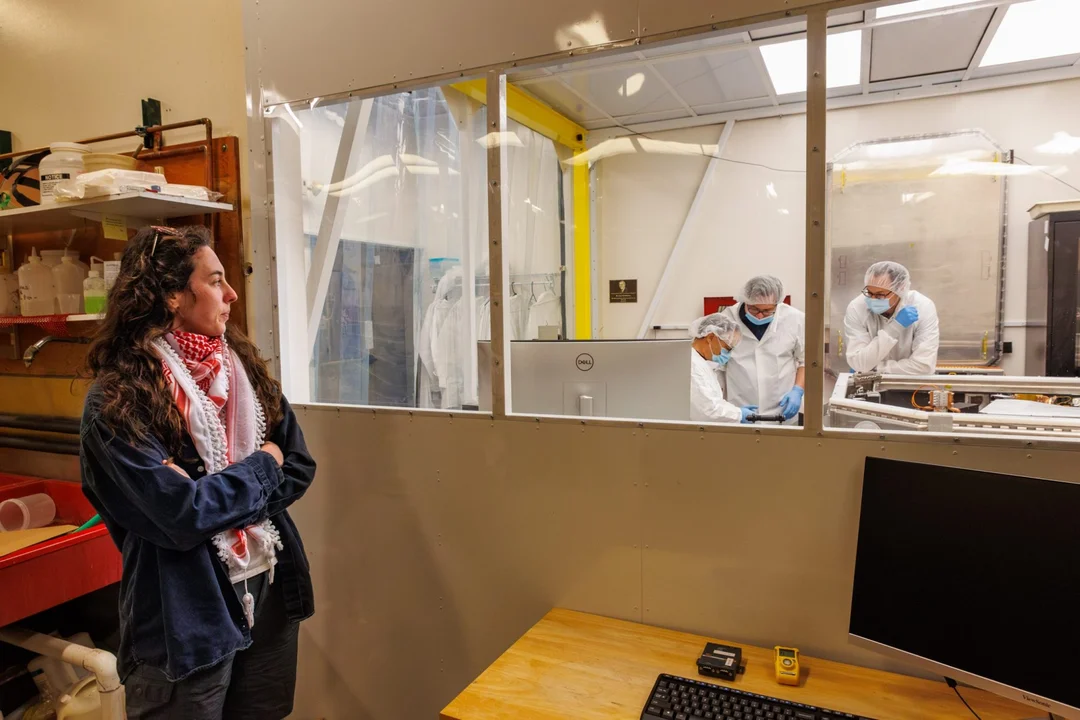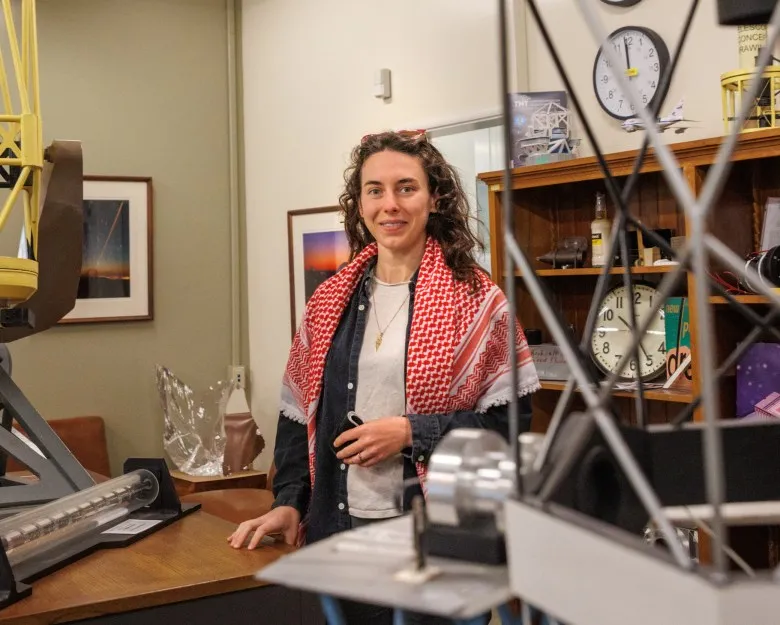
Brain Drain Alert: Young Astronomers Flee U.S. Amid Research Funding Cuts
The landscape of scientific research in the U.S. is shifting, and not for the better. Driven by deep federal research funding cuts and a tightening academic job market, a growing number of young astronomers are looking to build their careers abroad. This trend, particularly noticeable among recent UC Santa Cruz astronomy Ph.D. graduates, highlights a burgeoning sense of fear and frustration within the American scientific community.
Nicholas Scarsdale, a 28-year-old doctoral astronomy student at UC Santa Cruz, exemplifies this shift. Preparing to move to Spain, he admits he never envisioned leaving his home country. However, the allure of a stable scientific career, threatened by budget cuts and shifting priorities in the U.S., has driven him to seek opportunities elsewhere. "I think they’re also really interested in being in an environment that doesn’t feel... this kind of authoritarian, claustrophobic presence of: ‘I don’t want to misspeak, because my funding will be threatened,’" Scarsdale explains.

The root of this exodus lies in the policies enacted by the Trump administration, which significantly impacted federal research funding. These cuts, coupled with perceived attacks on climate science and diversity initiatives, have created an environment of uncertainty and anxiety among scientists. According to Scarsdale, at least three out of ten astronomy doctoral students graduating this year from UCSC are heading abroad for their postdocs, a number significantly higher than in previous years. A postdoc position is crucial for aspiring professors, providing essential research experience and training.
Jonathan Fortney, chair of the UCSC Astronomy & Astrophysics department, expresses concern about these trends. He views the increasing number of graduates seeking opportunities overseas as a direct consequence of the funding cuts. "People are definitely thinking about places outside of the U.S.," he states, worried that this exodus will damage the United States' reputation as a destination for the world's brightest minds.

The consequences extend beyond individual career paths. UCSC has already experienced a loss of $15 million in federal funding, impacting various fields, including marine biology, genetics, and astronomy. These funding reductions threaten the salaries of postdocs and the opportunities available to graduate students.
Isabel Justice Kain, a UCSC astronomy graduate student funded by an NSF grant, fears the potential elimination of her funding and the scarcity of postdoc positions upon graduation. “It is really, really existential, already,” she says, highlighting the profound impact these cuts are having on the future of scientific research in the U.S.
The situation has created a sense of unease and precarity. Sarah Blunt, an astronomy and astrophysics postdoc at UCSC, describes the anxiety among her colleagues, constantly bracing for news of grant cancellations. Facing limited job opportunities, especially in academia, many worry about being forced to abandon their passions. "Every time I open my email, I’m bracing for news," she said. "I think my biggest concern is probably just that I’d have to leave the field, not work in astronomy anymore… So I’m sad to think about not doing astronomy."

The shrinking pool of funding and the resulting job market instability raise serious questions about the future of astronomy and scientific research in the United States. Will the nation continue to attract and retain top scientific talent, or will it cede its position as a global leader in innovation? What measures can be taken to address the current challenges and ensure a bright future for American science?
Leave your thoughts and opinions in the comments below. What steps do you think should be taken to support scientific research and young scientists in the U.S.?